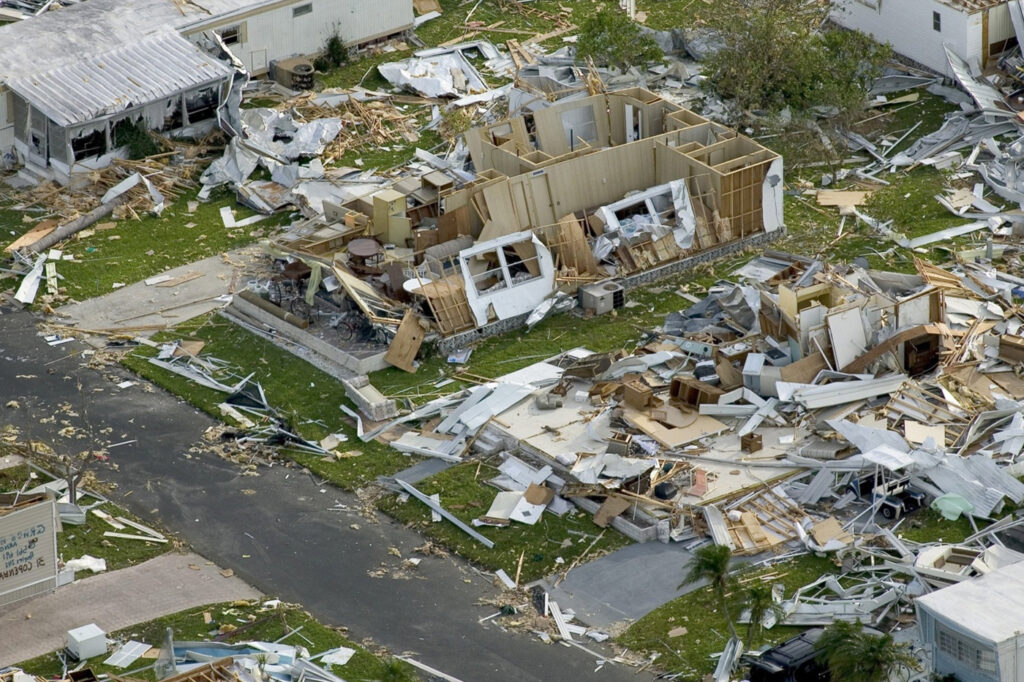No matter how you look at it, emergencies and natural disasters are something hard to anticipate as they can happen anywhere at any time. Natural disasters in Canada especially come in all forms, from ice storms in February and flooding in April to wildfires in August. It only makes sense to go to insurance companies and be covered to protect you and your possessions when disaster strikes.
Insurance for Natural Disasters in Canada
Canada may be best known for our winter sports and ski slopes, but little did people know that Canadians experience all kinds of weather events that could prove disastrous at times. Each type of disaster has its own kind of dangers that Canadian insurers deal with when crafting their policies. If you’re interested in getting a policy of your own, it’s important to know how coverage works for different kinds of disasters.
Key Elements of Natural Disaster Insurance in Canada
Natural disasters are becoming more common in Canada, so it’s important that you discuss important items that can affect whether or not a claim will be covered:
– Types of Natural Disasters & Other Weather-Related Risks
These are important coverages to talk to your broker about:
- Fire – Home fires and wildfires
- Ice and snow – Damage caused by the weight of snow, as well as leaks and frozen pipes that burst
- Hail – Damage to both your home and vehicles
- Wind- high winds can be destructive to buildings and vehicles
- Water- rain and seepage from the ground
- Overland Flooding
- Sewer Back-Up – whether from a plugged drain or toilet or from municipal sewers backing up
- Landslides
- Earthquakes
– Location of Residence and Place of Work
Different geographic areas may have different insurance coverage options for natural disasters. If you live in a flood plain, it’s important to have flooding to be covered by your insurance. The same goes for an area known to be bombarded by hail and ice storms. If you’re not sure what coverage is available in your location, it’s best to consult with your insurance broker.
– Property Type and Personal Circumstances
In the same vein, as health insurance considers your personal medical history, insurance for natural disasters also considers the type of structure you own and the property it sits on. The age of your building or home and its value is also a huge factor influencing your coverage options and costs.
– Insurance Provider
Of course, every insurance provider has its own stipulations in their policy regarding emergencies and natural disasters. Different insurers carry their own menu of coverage options that may vary greatly from each other. While the provincial government regulates many aspects of the insurance industry, insurance providers do have some flexibility to package their insurance products depending on their own preferences.
Conclusion
Looking at all those considerations, home insurance and car insurance for unexpected events and disasters can vary greatly. Whatever your needs are, make sure to refer to this guide and ask your broker what coverage options are available for you.
If you want to get the most out of your insurance policy, it’s best to work with a brokerage you can trust. Direct-Line Insurance acts as your one-stop shop for insurance policies that offer great value to its clients. As one of the leading insurance brokerages in the country, our independent insurance brokers will save you time and money at no cost. Contact us today to get an insurance quote!

